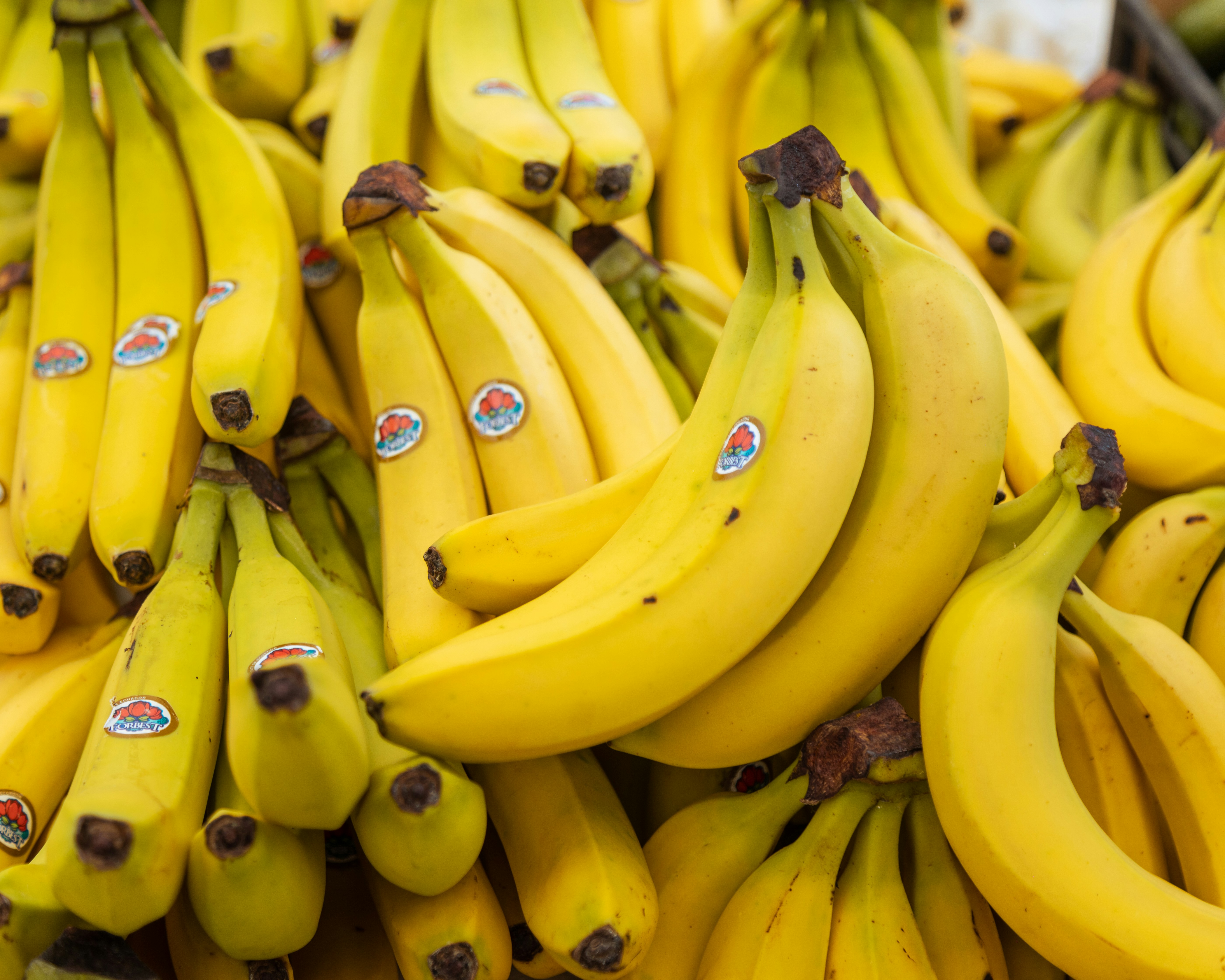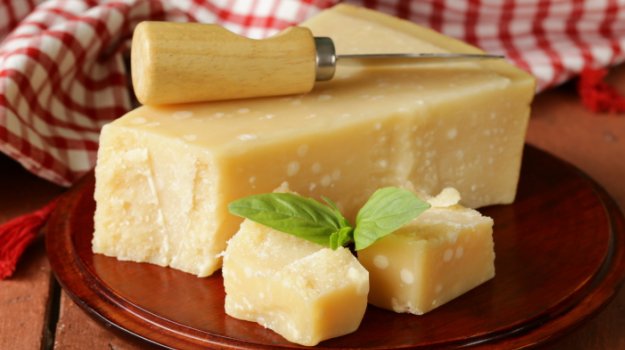According to the World Intellectual Property Organisation that convened the recent conference in Geneva, geographical indications are granted to products that have "a precise geographic origin and possess certain qualities, notoriety or characteristics associated with its region of origin."The new rules recognise those characteristics, and prevent the marketing of Colombian coffee, Champagne or Mozzarella unless those goods issue from the locations in which they have been traditionally produced.Globally, more than 4,000 food specialities benefit from the geographical indication (GI), which is designed to preserve the methods, skills and regional specifications of producing such goods. Italy has the most geographical indications, with 269 protected food products and 523 wines. France counts more than 600 GIs - nearly two thirds of them for wines like Bordeaux and others for cheeses like Brie and Camembert. Paris hailed the new measures known as the Geneva Act as "true international recognition" and "major progress for the development of geographical indications", the agriculture and trade ministries said in a statement.
Ramon Gonzales Figueroa, president of oriGIn, a non-governmental organisation that works to protect geographical indications, said in a statement that the new measures to reinforce GI safeguards reflect "an ongoing trend in national legislations increasingly providing such level of protections."- Positive step -"By providing adequate legal means to fight against GIs misappropriations, the Geneva Act will improve legal certainty and predictability for producers and consumers of origin goods around the world," said Figueroa, who is also the director general of the Tequila Regulatory Council. According to oriGIn, the agreement represents major progress for producers and consumers, because it "provides sufficient judicial means to fight" manufacturers of goods expropriating origin-controlled names to market fake goods like Parmigiano and Gouda cheeses, or Bayonne ham.France's agriculture ministry also applauded the reinforcement of geographical indication as a positive step for transatlantic trade. "This puts us in a strong position to sell and defend our agricultural model," said a ministry source in Paris, which has long sought to take the touchy topic of geographical indication of traditional products off the negotiating table in trade talks - particularly with the United States.Pursuing that objective is not only Europe's prerogative, French officials have argued, since Paris has already made mutual GI agreements with countries such as South Korea, Peru, Colombia and Canada, but nations like Russia and Australia are similarly interested in reaching accords. The Geneva Act seeks to enshrine those agreements at an international level, offering what the ministry source described as protection from the encroachment of agro-businesses with a large global reach marketing rootless products."The American dairy lobby would love to see the adoption of a generic term for parmesan or mozzarella" to boost substitute industries looking to take part of the market share of traditional appellation of origin goods, the source said.









